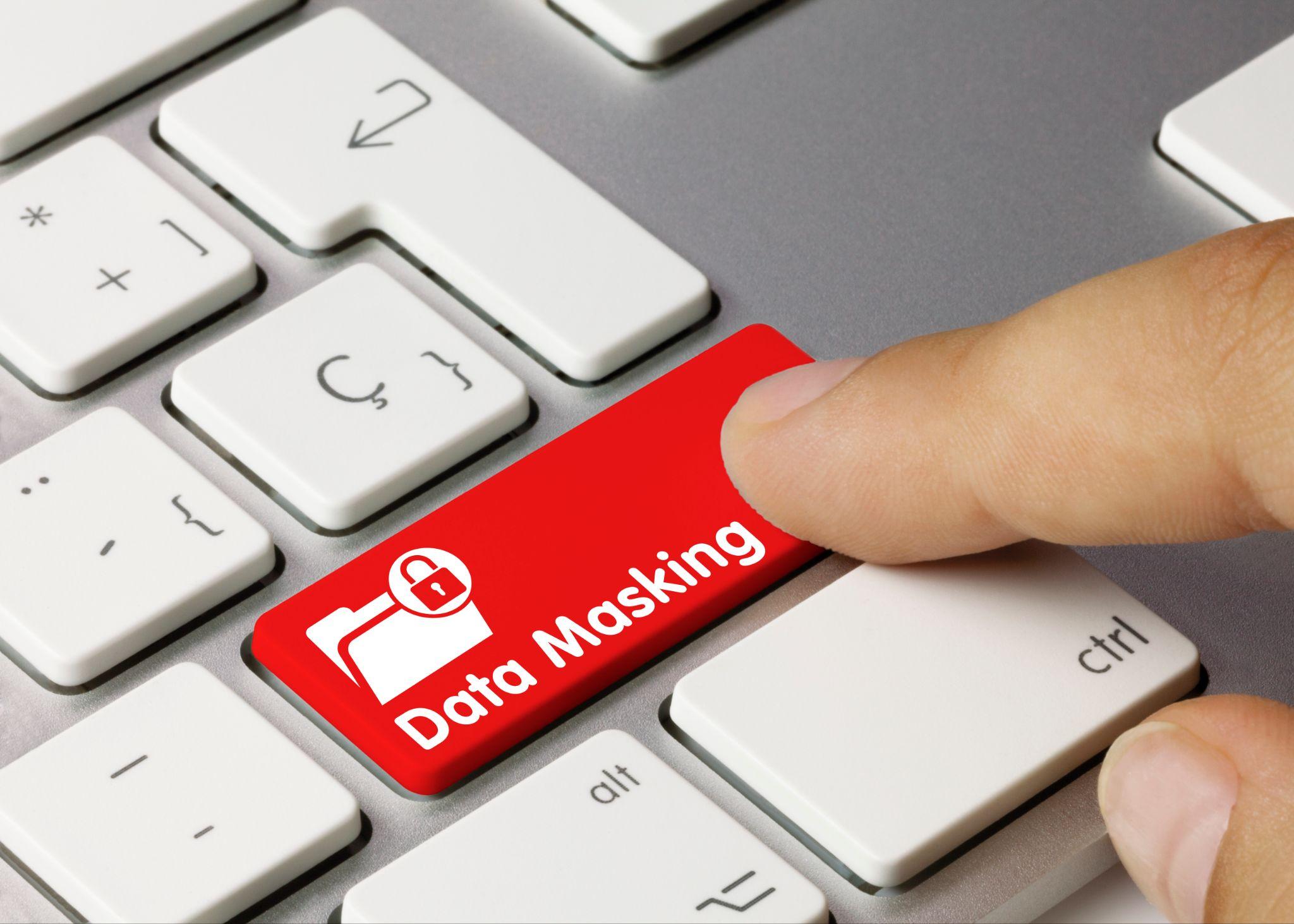Have you ever thought about what could happen if your computer suddenly shut down and demanded cash to open your file? It could seem like something from a film, however that’s what ransomware is. It can cause businesses to shut down and steal personal data and cause severe damage.
The positive side is that you can take steps to protect yourself. This blog will help you find out how to enhance your cybersecurity to stop ransomware. Also, you’ll learn simple, easy steps to secure your information, your network as well as your everyday operations.
Table of Contents
Recognizing the True Nature of Ransomware
Before you can get rid of ransomware, it is important to be aware of the nature of. Ransomware is a kind of malicious software that blocks or blocks your data. The hacker then requests cash to unlock the files.
The payment is referred to as the ransom, and that’s the reason why the term “ransomware” comes from. The attacks can occur to any person, from large corporations to schools and even homeowners.
Most ransomware infections are caused by clicking on fake email links download unsafe software or visiting a website that is deemed to be dangerous. Once it is in the system of your computer, it can spread quickly and may be able to take over your entire system.
Why Simple Protection Is Insufficient
Many people believe that an antivirus program is the only thing they require. While antivirus programs can aid but they aren’t able to stop everything. Hackers are constantly finding new ways to bypass normal security.
The most secure passwords or firewalls can’t suffice if users aren’t careful. This is why implementing solid cybersecurity measures is vital. It’s about constructing layers of security that protect the entire system.
Developing a More Robust Cyber Defense Framework
To ensure the security of your information and systems it is essential to develop a solid plan. The plan must include a variety of ways to protect your data that are in sync.
The best way to start is to keep all your systems and software up-to-date. Hackers usually use outdated software with known vulnerabilities to gain access.
Another crucial step is to use multi-factor authentication. This is when you use more than simply a password to sign into. For instance, once you have entered the password you might receive a verification code on your mobile phone. This additional step could stop numerous attackers in the first place.
The Value of Educating Everyone
A cybersecurity strategy is not effective without human involvement. The majority of ransomware attacks occur because of a mistake. This is why it’s crucial to educate everyone-workers, students or even family members to recognize warning indicators.
The public should be taught not to click on strange links or open files that are from unknown sources. They must also be able to tell if a website or email address is genuine. Training should be continuous and not be once.
When they are well-trained they can be an initial line of defence. It is less probable for them to be sucked into scams, and are able to identify problems more quickly. This is why teaching cyber security is as crucial as using secure software.
Creating a Plan Before Issues Arise
A solid plan in place prior to when something happens can make all the difference. This is when a savvy Ransomware response can be very beneficial. You don’t want to lose time thinking about what to do when the attack has already begun.
The plan for your response should include steps to stop this attack from happening, the number you should ask for help and methods to restore your system from backups. It is recommended to test the plan frequently to ensure it is working.
If a home or business has a solid reaction plan in place, the property is able to recuperate faster. It also aids in reducing the harm caused by the attack. It is important to be prepared in order to safeguard your data and keep your work in motion.
Maintaining Device and Network Security
Your device and computer are like the doors that lead that lead to the home you’ve always wanted. So, protecting your network is crucial. Use strong passwords to secure your Wi-Fi network and avoid sharing them with people who you aren’t sure of.
Security software and firewalls can aid in blocking undesirable traffic. Don’t forget mobile devices, such as tablets and phones. These devices are often neglected, however they are a prime target for hackers.




